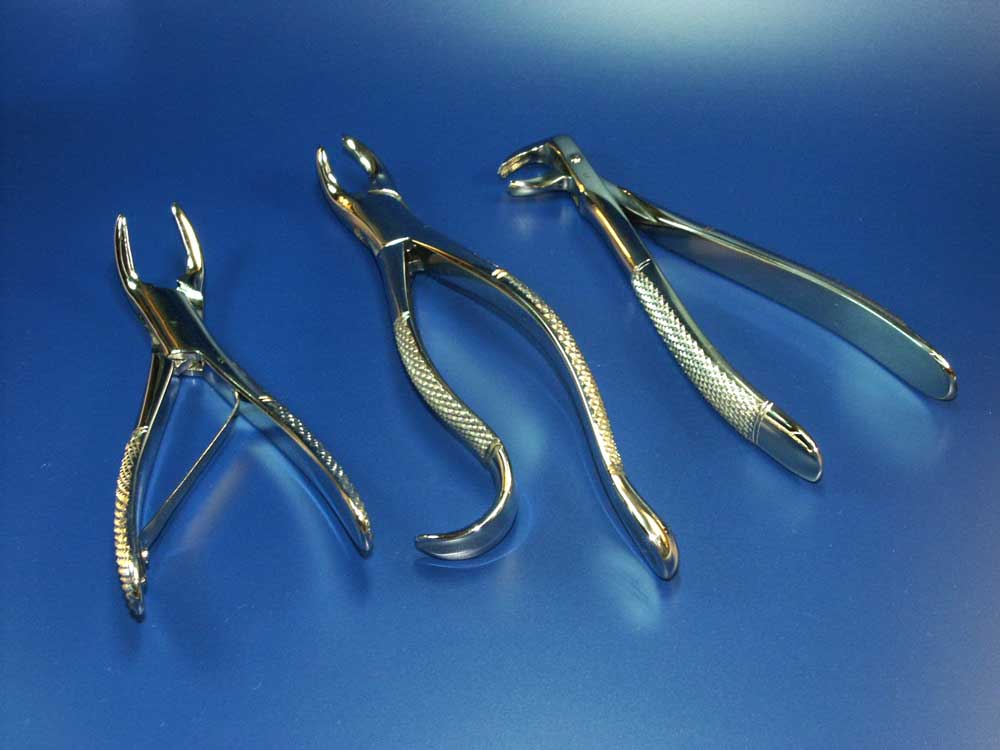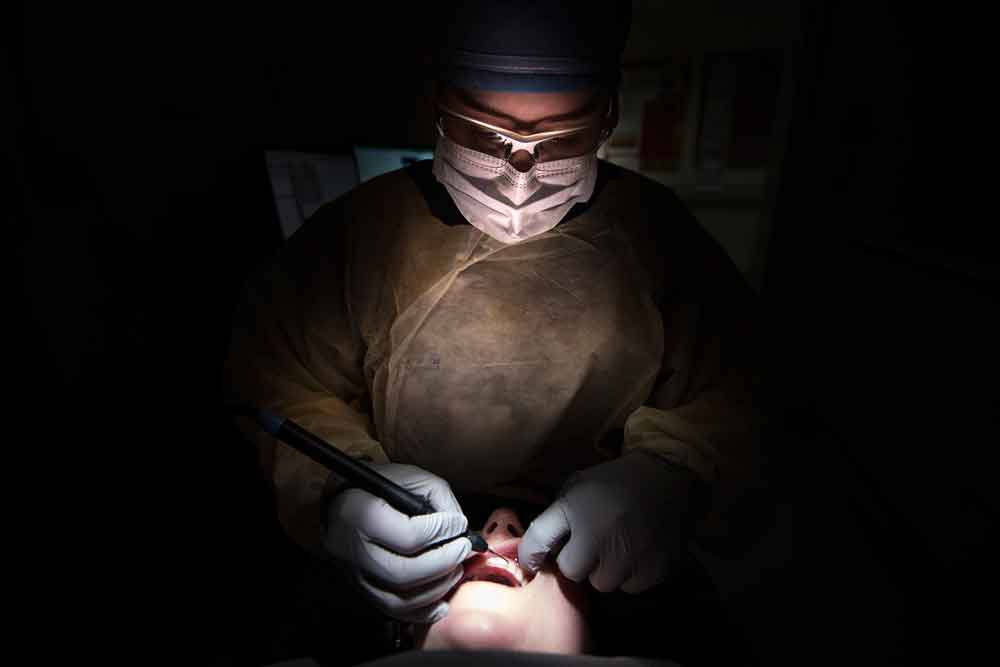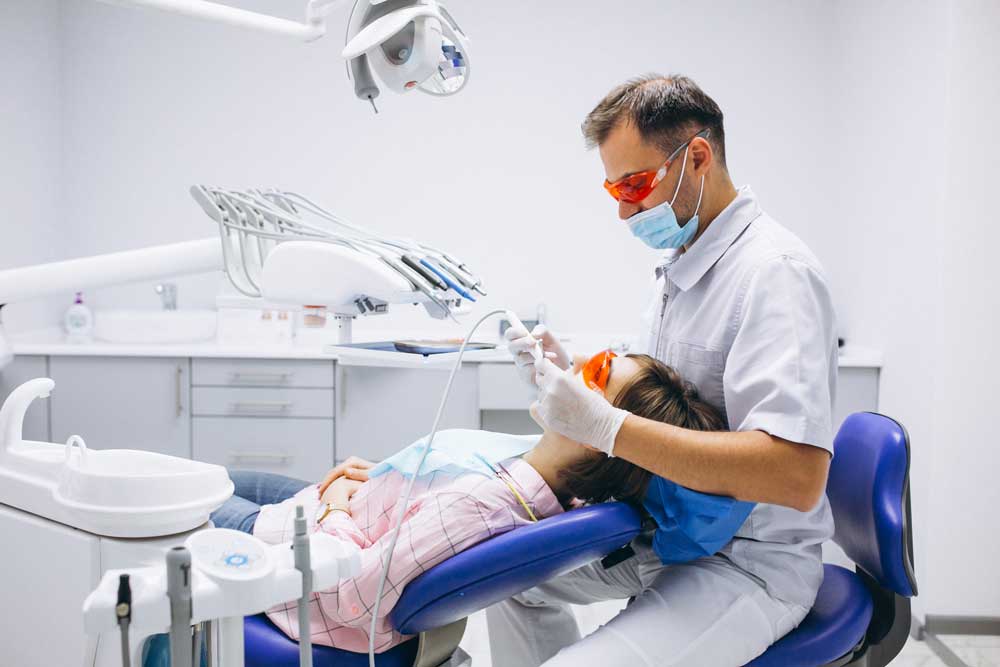Learn more about the process about sleep dentistry from start to finish
-
- What is Sleep Dentistry?
- Who should opt for Sleep Dentistry?
- How Safe is Sleep Dentistry?
- Benefits and Advantages of Sleep Dentistry
- Which procedures can be performed with sleep dentistry?
- What are the Side Effects of Sleep Dentistry?
- What is the Cost of Sleep Dentistry?
What is Sleep Dentistry?
The thought of visiting a dental clinic can increase anxiety levels for some patients, thus discouraging them from visiting a dentist and as a consequence, they don’t receive the treatment they need for their oral health. Sleep dentistry is a calming technique used by certified dentists to perform a dental procedure on a patient who is anxious. It involves the use of general anaesthesia to relax the patient and allows the dentist to perform the dental procedure efficiently without risk of startling or upsetting the patient. Many people feel anxious or nervous to visit a dentist. They either entirely avoid such visits or land up at the clinic in a panicked state. Treating such patients can be a difficult task for the dentist as well. Sleep dentistry is a process that helps the dentist to offer a safe, anxiety-free dental experience to the patients. In short, sleep dentistry is good news for all those who have a phobia of the dentist. Sleep dentistry can gradually help a patient overcome the fear of the dentist. A session or two of sleep dentistry can make a fearful patient more comfortable at the clinic. Dental phobia can be for any number of reasons; it could stem from an unpleasant childhood experience at a dental clinic or simply a bad experience with the previous dentist.
Who should opt for Sleep Dentistry?
Sleep dentistry should be considered by people having any of the following issues:
- Fear of visiting the dentist
- Dislike of the dentist due to a bad experience in the past
- Problems like dementia, including Alzheimer’s
- A bad gag reflex
- Sensitive teeth or gums
- Low pain threshold
These are some but not all the reasons for a person to opt for sleep dentistry. If there is anything else that bothers a patient when it comes to undergoing dental treatment, it is best to consult with your dentist and find out of sedation dentistry is the right way to go.
How Safe is Sleep Dentistry?
Sleep dentistry involves general anaesthesia, and hence it does have few very minimal risks. The main risk with sleep dentistry is administering the anaesthetic. However, if the procedure is carried out by an experienced dentist, it is considered to be a safe practice for healthy adults and children. People suffering from any health issues must discuss their condition with the dentist before commencing treatment. Whether it is a temporary illness like flu or cold or a long-term disease like allergy or asthma, the dentist must be informed beforehand. Also, if the patient is on any medication, the dentist must be informed about this too. Knowing the complete health history of the patient puts the dentist in a better position to carry out the procedure safely and efficiently.
Benefits and Advantages of Sleep Dentistry
 Sleep dentistry offers multiple benefits to patients. Also, it makes it easier for the dentists to carry out treatments for patients who are extremely scared or anxious. Here are some of the benefits that the sleep dentistry provides:
Sleep dentistry offers multiple benefits to patients. Also, it makes it easier for the dentists to carry out treatments for patients who are extremely scared or anxious. Here are some of the benefits that the sleep dentistry provides:
Extreme Comfort
Sleep dentistry ensures the patient is comfortable throughout the process. If the procedure is too lengthy, the patient may find it difficult to stay in one place and one position for a long time. However, with sleep dentistry, the patient stays extremely calm and relaxed throughout the treatment.
Improved Patient Co-operation
One of the most important reasons for successful treatment is the patient’s co-operation. The more the patient cooperates with the dentist, the better the results will be. Various factors like stress, anxiety and fear can prevent a patient from co-operating with the dentist during the treatment. Sleep dentistry can help calm such patients and make them more co-operative, thus ensuring better results.
Better Control
It’s very common for patients to move involuntarily while the dentist performs the treatment for reasons such as medical conditions and reactions to the dental procedure its self. It is challenging for a dentist to perform a dental procedure on a patient who is constantly moving. As sleep dentistry solves this problem, the dentist gets better control over the situation, thus ensuring the treatment is carried out correctly.
Time Effectiveness
As sleep dentistry keeps the patient in a calm and relaxed state, it is easier for the dentist to carry out long procedures in one go. People with a busy schedule may find it difficult to make multiple visits to a dentist. Hence, they can opt for sleep dentistry and get all necessary treatments done in a shorter amount of time.
Limited Memory of the Procedure
As sleep dentistry puts the patient in a relaxed, dreamlike state, the chances of remembering too much about the procedure are very, very low. Some patients may have limited memory of the procedure, while some may not remember anything about it. Isn’t it great to undergo treatment and not remember how exactly you felt throughout?
Reduced Gag Reflex
Those with a strong gag reflex may find it difficult to sit through long dental procedures. With sleep dentistry, the reflex is kept under control, ensuring the patient sits comfortably for the entire procedure. If you find yourself choking or feeling the urge to throw up while receiving dental treatments, then sleep dentistry could be the solution.
Which procedures can be performed with sleep dentistry?
 Various dental procedures can be performed with the help of sleep dentistry. Right from filling cavities to tooth extraction to dental implant placements, sleep dentistry can be useful for a number of procedures. In particular, dentists recommend sleep dentistry when conducting root canals. In short, this process can be used for carrying out minor as well as major dental treatments.
Various dental procedures can be performed with the help of sleep dentistry. Right from filling cavities to tooth extraction to dental implant placements, sleep dentistry can be useful for a number of procedures. In particular, dentists recommend sleep dentistry when conducting root canals. In short, this process can be used for carrying out minor as well as major dental treatments.
What are the Side Effects of Sleep Dentistry?
Sleep dentistry is considered to be a safe option. However, in rare cases, the patients may experience some not-so-serious side effects. The side effects of sleep dentistry are:
- Dry mouth
- Hiccups
- A light headache
- Dizziness
- Nausea
- Visual disturbances
The severity of the side effects may differ from person to person. However, in most cases, the side effects are not very severe and do not last too long. To minimise the chances of side effects, it is important to ensure that the patient has good health before undergoing the treatment.
Self Care Tips
Following the dentist’s instructions before and after treatment is extremely important. In case of any side effects, get in touch with the dentist immediately to seek advice.
What is the Cost of Sleep Dentistry?
The cost of sleep dentistry differs from place to place, however with something as important as your oral health; you can’t put a price on a quality treatment. ProSmiles offer sleep dentistry at competitive prices, ensuring the safety and comfort of the patient is the first and foremost priority.
Points to Remember
- Discuss your sleep dentistry procedure in detail with the dentist.
- Enquire about the cost beforehand to avoid confusions later.
- Confirm if your dentist has oxygen and required drugs ready to reverse the effect in case of an emergency.
- Ensure you run the doctor through your medical history to avoid complications later.
- Don’t forget to share the details of the medications you are on (if any)
- Ask about the size of the anaesthesia dosage and ensure it is as per the accepted guidelines set out by the Australian Dental Board.
- You may receive a form stating the risks of the procedure. Ensure you read it carefully and clarify your doubts (if any) with your dentist before the treatment.
- Ensure you have someone to drive you back home safely. Having someone with you for around 6 hours after the treatment is a good idea
Sleep dentistry can eventually reduce the fear of visiting a dentist’s office. A person who was not so comfortable with the visits can become more comfortable being at the dentist’s chair. Great experience at the dentist can encourage a patient to make regular visits to the dentist if the need be.
Call Today for a Consultation
Get in touch with Pro Smiles to know more about sleep dentistry. You can call us on (03) 9417 6355 or drop us an email at info@prosmiles.com.au to book an appointment for your consultation. We will happily assist you with all the information you need.
